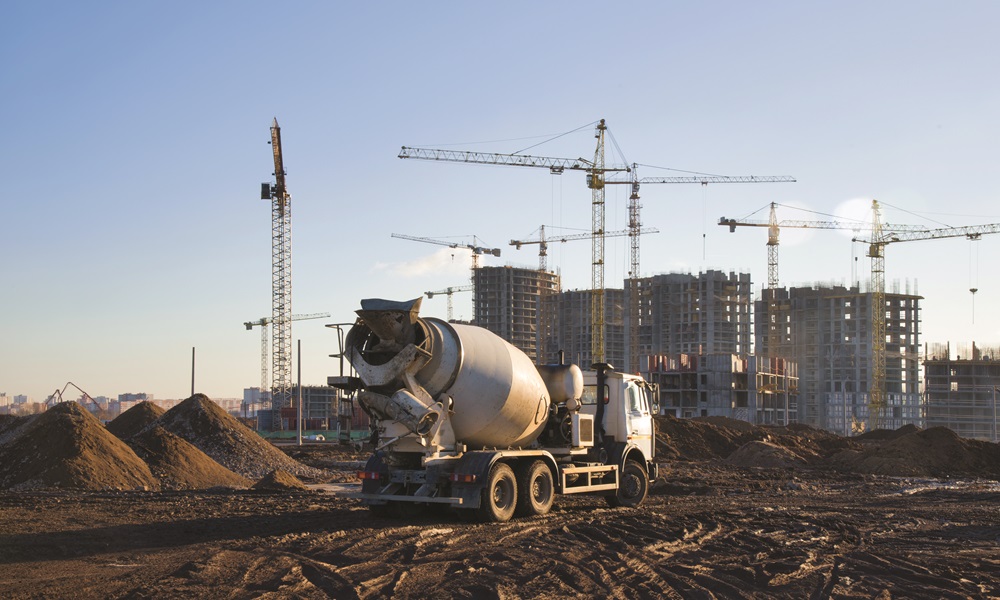The future of the construction industry is rapidly moving towards electrification, driven by a multitude of benefits that go beyond environmental concerns. While electric construction machines promise zero local emissions, reduced noise, and a safer working environment, the most significant factor pushing the transition will be financial savings through the total cost of ownership (TCO), according to a new report by IDTechEx, “Electric Vehicles in Construction 2024-2044: Technologies, Players, Forecasts.”
Lower Operating Costs Propel Electrification
As electric construction machines achieve performance parity with their diesel counterparts, operators are increasingly focused on potential cost savings. Fuel and maintenance costs, two of the biggest components of TCO, can be significantly reduced with electric machinery.
Electric machines, such as a 20-tonne excavator, present considerable savings by using electricity rather than diesel. IDTechEx estimates that a diesel-powered 20-tonne excavator consumes around 13,000 litres of fuel annually, equating to approximately USD 13,000 at average global diesel prices. In comparison, the electric version requires only USD 6,690 per year to charge, based on average global electricity prices. Over the machine’s lifetime, these fuel savings could amount to as much as USD 75,000.
Additionally, maintenance costs for electric machines are far lower than their diesel counterparts. Replacing mechanical driveline components with electric ones reduces the number of moving parts, resulting in fewer maintenance requirements and eliminating the need for costly oil and filter changes. IDTechEx estimates that electric machines can slash maintenance costs by up to 50%, translating to approximately USD 15,000 in savings over the lifetime of a 20-tonne excavator.
For smaller machines, like mini-excavators and compact loaders, where fuel savings may be less significant, the reduction in maintenance costs becomes even more critical to their financial viability.
Opportunities for Savings in Emission-Regulated Zones
In regions with emissions charges, electric machines offer another layer of financial advantage. Many city centres, such as London’s Ultra Low Emission Zone, charge high-emitting vehicles for their environmental impact. Although construction equipment is not always included in these charges, more zones are beginning to impose such restrictions, making electric machinery an even more attractive option for contractors operating in urban environments.
Challenges and the Road Ahead
Despite the savings in TCO, the high capital costs of electric construction machines remain a barrier to mass adoption. Battery prices, currently around USD 300/kWh, and the relatively low production volumes contribute to significant price premiums, which can range from 40% to 100% higher than equivalent diesel machines. However, as demand increases and manufacturers move from retrofitting existing diesel machines to in-house electric machine production, economies of scale are expected to reduce these costs.
IDTechEx projects that with greater scale, battery prices could drop to USD 200/kWh, further improving the TCO of electric machines. Over time, the price premium for electric construction machines is expected to narrow to primarily reflect the cost of the battery pack, making electric models more accessible to a broader market.
Looking Forward
As production volumes grow and costs continue to decline, electric construction machines are poised to become a mainstream option, offering not just environmental benefits but significant cost savings. For many operators, particularly those concerned about upfront capital costs, the growing alignment of TCO with diesel models will likely drive increased adoption.
The IDTechEx report provides a comprehensive TCO analysis across a range of construction machines, offering detailed insights into how the industry is likely to evolve in the coming decades. With continued advancements, electric construction vehicles are set to play a pivotal role in shaping the future of the construction industry.



